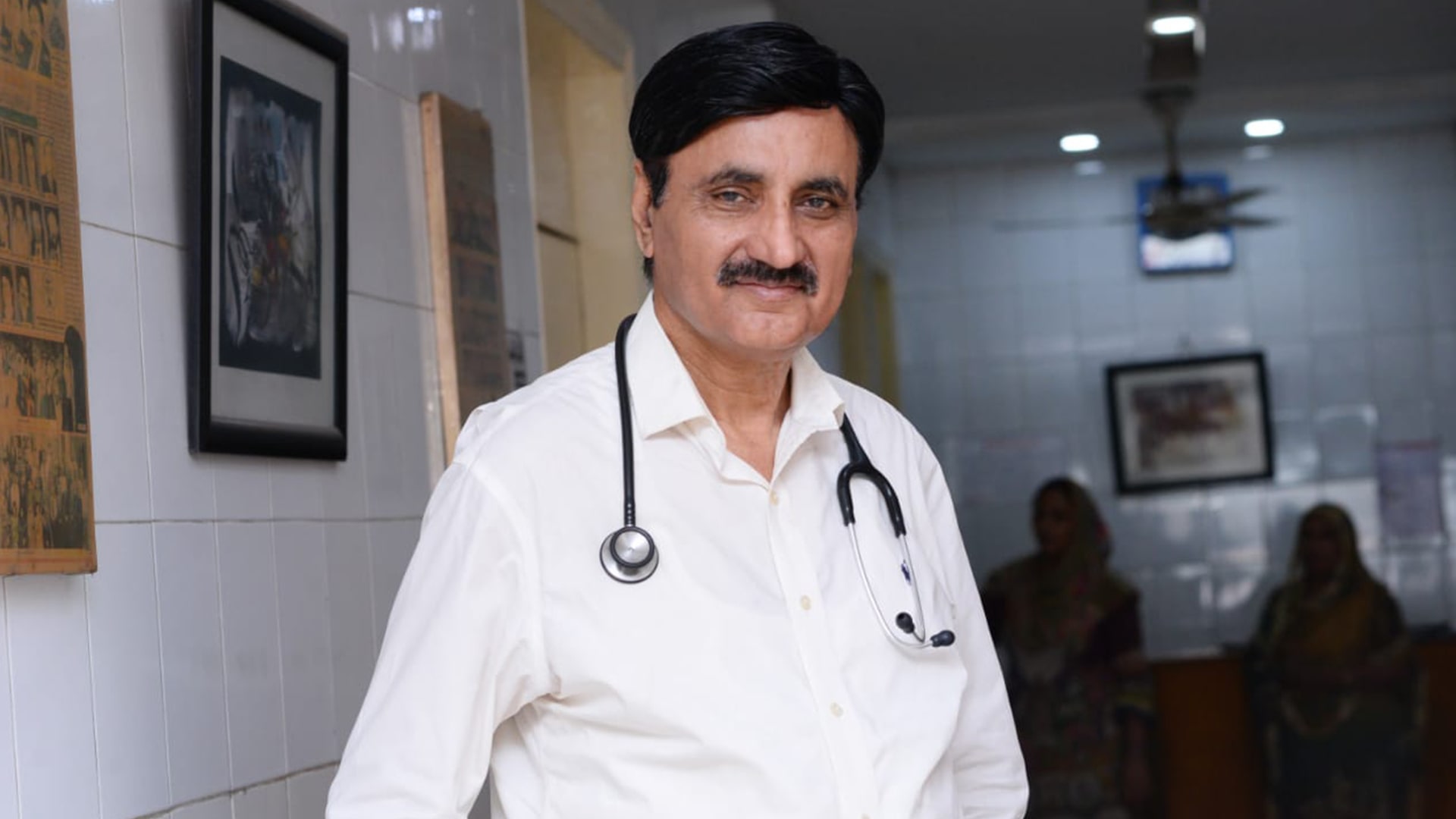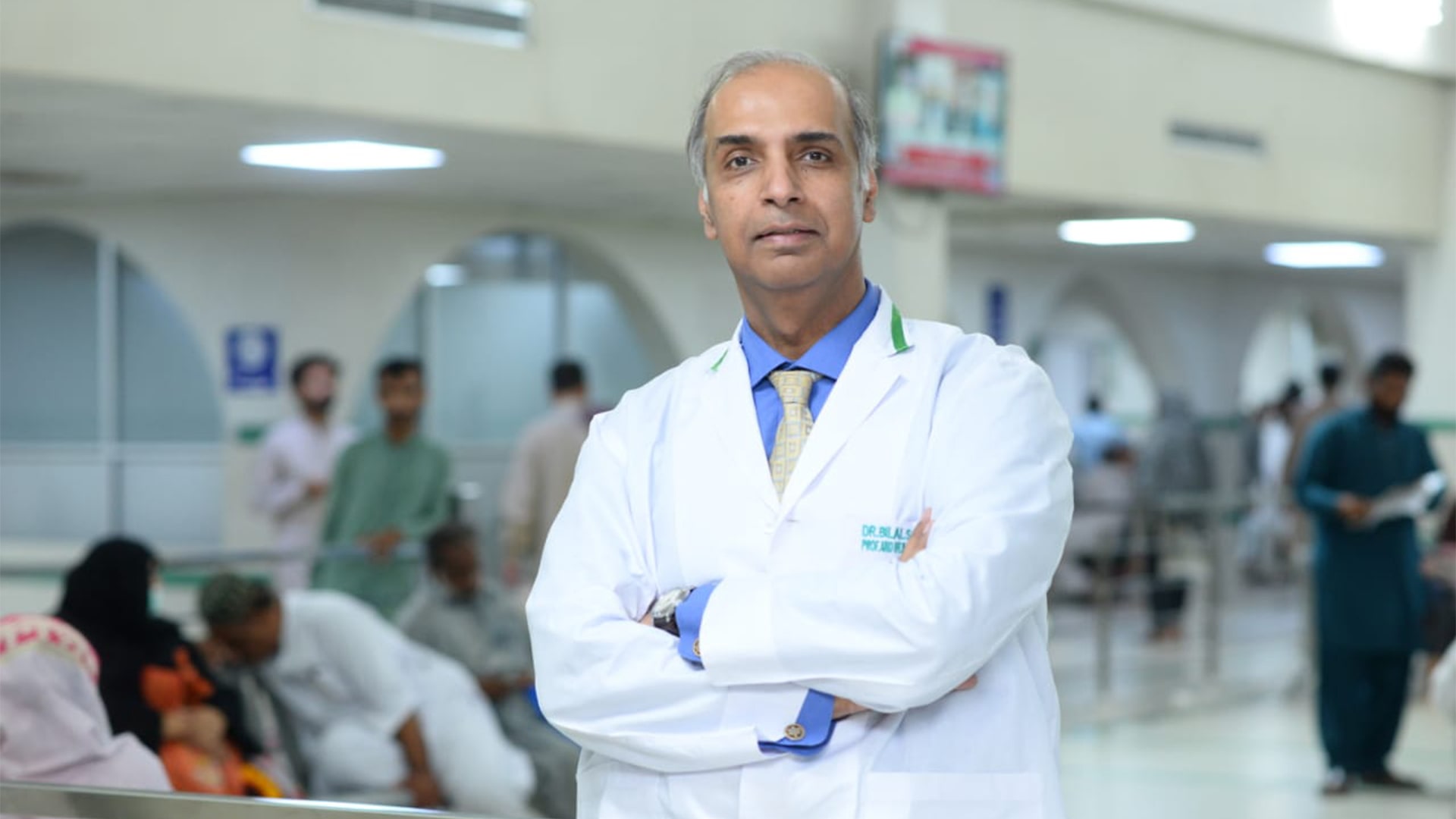Interview with Dr. Tariq Mahmood Mian, an experienced PMDC-verified Medical Specialist and President, Academy of Family Physicians Pakistan.
“The role of a Family Physician in periodic health assessment screening is crucial. If we develop a culture of preventive testing, we can enable improved health outcomes and quality of care for better disease management.”
Healthcare is arguably the most important branch to sustain a nation, and push towards progress. However, most developing nations, including Pakistan, are deprived of basic healthcare facilities which pushes nations towards a steep decline. One of the root causes that contributes to Pakistan’s dilemma is a lack of healthcare facilities, which has seen the rise of several diseases. One of the most dangerous, and constantly rising disease that Pakistan has been facing since the past few years is cardiovascular disease.
But what is the actual reason behind this sharp rise in cardiovascular diseases? Is it just healthcare, or do factors like education, or a lack of basic awareness further add to the threat of cardiovascular diseases? And is there an actual way of preventing these diseases early?
In recent years, the ages of those affected by heart problems, diabetes and hypertension ranges from 25 to 40 years. A sedentary lifestyle with physical inactivity coupled with poor dietary habits is adding to the increased incidence of disease. Along with the intake of junk food and carbs, the fluctuating cycle of sleep is also stirring the pot. The consequences of sleep disruption cause stress, somatic pain and reduced quality of life which can raise the risk of heart diseases.
In order to prevent declining health in people, preventive measures and awareness are essential. Dr. Tariq Mahmood Mian, an experienced PMDC Verified Medical Specialist, believes “People don’t generally give importance to non-communicable diseases. On the other hand, if they are diagnosed with a fast-acting disease, they will take serious action to prevent it.”
Non-Communicable Diseases (NCDs) kill 41 million people each year, accounting for 71% of all deaths globally. “Detection, screening, and treatment of NCDs, as well as palliative care, are key components of the response to NCDs,” according to the World Health Organization.
Dr. Mian adds, “a referral system should be reckoned in between primary and tertiary care. Without a referral, patients should not be seen in tertiary care and secondly, after treatment at the tertiary care level, patients should be referred back to the family physician for post-hospital care. This reference system will prove to be effective in preventing the early stages of hypertension and diabetes.”
Due to a lack of understanding and awareness, the Pakistani population prioritizes on other needs rather than saving or investing in safeguarding their health through regular testing, or getting regular checkups. Their tomorrow relies on other priorities.
“Pakistanis will always prioritize to save for their childern’s wedding, for guests’ coming over, or even education. But till date, no one realizes that ‘I could fall ill, and I should save there.’ Why? Because it’s the least of our priorities.”
However, to maintain a healthy parameter for the youth of Pakistan, Dr. Mian further states, “We need to create clinics for preventive measures. It might not be a problem today, but in 10 years, it will become a full-fledged disease. In order to break the cycle, we need to start screening people, especially the ones who have hypertension and diabetes in their families.”
Furthermore, Dr. Mian elucidated some steps that the youth can adopt to upgrade the quality of their lives.
Maintaining the body weight along with a 30 minutes’ walk every day can help reduce the symptoms of diabetes and hypertension. A high intake of carbs, sugar and high cholesterol foods creates a hormonal imbalance, especially in women which is detrimental for a healthy life ahead.
The number of people who have fallen victim to such diseases brings us to the fact that lack of awareness and understanding is the driving force behind the rapid increase of NCDs. In such difficult times across Pakistan, medical bills are an added burden on the patients and their families. The best prevention management strategy will include multi-sectoral partnership to enable greater awareness around preventive screening, so that disease patterns can be identified at the primary care level, facilitating prompt intervention and timely treatment.





